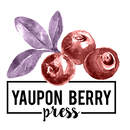|
Hello, Romance Writers! There's a free online panel taking place this Saturday, October 9, 2021. I spoke on a panel with C.C. Hunter a couple years ago and found her to be AMAZING. So when I heard about this online event and saw her name listed, I was excited to share the details.
0 Comments
Today’s post dives into the developmental side of edits. If you’ve ever received feedback from a reader who expressed confusion about your opening chapter(s), there might be too much happening. Maybe the reader doesn’t feel grounded enough. Or maybe they’re unsure about the cast of characters. The purpose of this post is to help you differentiate the major characters from the minor ones—so the reader is clear about which characters to focus on.
Recently I’ve been hired to help an author edit and publish their picture book. She’s already written her manuscript, contacted an illustrator, and needs help with the rest of the project. What does this process look like?
Hello to all of you wonderful writers! Some of you will be reading this as a client of mine, and others will be finding this blog for the first time. I usually post tips about writing and editing, but today, I’m posting a short interview with the podcast FROM SPARK TO SHELF.
I recently had the opportunity to be interviewed for a small business spotlight. If you’re curious about how Yaupon Berry Press got started and want to know why I love editing so much, check out the interview!
If you’re currently writing a book, then you’ll inevitably come across areas where you need to describe the color of something, whether it's a character’s eyes, outfit, lips, hair, etc. Maybe you even need to come up with a new way to describe the night’s sky when your character is under duress (one of my favorites for that particular scenario is expressing the sky as bruise-colored).
Goodreads used to have a good reputation with authors. It was a place where authors could upload descriptions of their books, host free giveaways to raise awareness of their releases, connect with readers, etc. But a couple of years ago, when Goodreads changed their policy about giveaways, some authors faded into the background. They stopped utilizing the site as much as they used to.
Do you write romance? Or maybe you plan to write a romantic scene in your current work-in-progress. Either way, romantic scenes won't have as big of an impact if they're not written well. If you want to learn some tips and watch submissions be critiqued, there's a $7 workshop happening soon.
If you've ever wondered how to write a closer (or more distant) point of view in third person, watch this short video. The video is fifteen minutes long. It gives a detailed explanation of subjective and objective point of views and how to implement them in your writing to create the story you want the reader to experience.
The other week, a writer reached out to me and asked if I’d heard about this book: Self-Editing for Fiction Writers by Renni Browne and Dave King. I’m more of a visual person, so she sent me a picture, and the book looked very familiar! I was sure I’d used it but couldn’t recall when. So, I went on the hunt and searched my shelves and drawers and found the book. Here's my review.
An informative Q&A with Tracy Staten, a social media consultant! Meet Tracy Staten! She’s a social media consultant who helps small businesses and entrepreneurs take the overwhelm out of social media—making it simple and fun. For nearly two years, she traveled and documented her adventures, gaining a reputation online. So much that people started asking her for social media help. Besides helping small businesses, Tracy was also a dance instructor, where advertising for lessons, dances, events, etc. was a big part of the job. Here are a few tips for small businesses (and authors—because authorship is a business as well) who want to utilize Facebook (FB) and Instagram (IG) better. At the end of the Q&A with Tracy, a FREE opportunity is revealed. *If you haven’t started an IG account but want to know how, view this article: Instagram 101: Understanding the Basics. I’ve heard this question many times: "How long should my chapter be?" One answer has been given over and over by various writers: There isn’t one way to write a chapter, and your chapter should be as long or as short as it needs to be.
Well, that answer isn't very beneficial. But after editing many books, I have three tips that will help you figure out how long your chapters should be. Have you finished writing your book? Maybe you’re about to send your manuscript to a critique partner, an agent, a publisher, or an editor. Before sending the draft to someone, below are a few simple tricks to help polish your story.
You’ve spent 30 hours a week working on your book for months or years. Every chapter has a goal, and the characters live as vivaciously on paper as they have in your head. You’ve revised the manuscript three different times, edited chapters along the way, and you’re finally finished. Your manuscript is perfect, but you’re the only one who’s read it. What now?
Have you ever found yourself writing or revising your manuscript and confused about the rule for using a hyphen? Even though the confusion won’t stop you from writing, it can frustrate an author when they’re trying to polish their manuscript.
For today’s post, I’m strictly focusing on hyphenating ages. The answer to hyphenate or not to hyphenate is always the same when using the CMOS style guide, which is the same guide used for books published in the US. Is your manuscript filled with too many filter words: I wondered, I felt, I saw, I noticed? Have you ever thought about that aspect of your writing? Maybe you’re in the middle of developing an idea for a story or have just finished writing a book. If your manuscript is finished and you haven’t hired an editor yet, here’s a quick trick to remove filter words.
What does “show versus tell” mean? For new writers, this can be a confusing phrase. First, let me state: it’s okay to tell. But in my opinion, showing is more appropriate in many instances, especially if you want the reader to notice something in particular.
How many times have you finished writing a chapter or a scene and are unsure of its importance? Or better yet, maybe it’s a critical scene, but it lacks the tension you were hoping for. Can you save your scene?
Before completely deleting the scene, which I never suggest doing (if I remove a scene, I save it in a different document), brainstorm different ways that can make it matter to the plot or to introduce conflict if it’s boring. In the end, if the scene falls flat, then maybe it’s best to remove it. But before you make the final decision, try these three tips to save your scene. Have you ever been told that your main character comes across as rude, not relatable, or emotionless? This problem can be a common pitfall for new writers. If you’ve finished writing a book, then congratulations! If you’re in the middle of writing a book, then don’t stop now. But if you want to figure out how to make your protagonist more relatable, then keep reading.
As a small business owner, when you hear SEO, you might silently roll your eyes. The thought of attempting to optimize your website to gain more "organic traffic" can be overwhelming. What does organic traffic mean? Reliablesoft.net defines it as the term used to describe visits to a website coming from a search engine's organic results and not [from] paid ads.
The basics of applying SEO to your website isn't hard, but it is time-consuming. When referring to SEO in this blog post, I won't touch on all the different avenues, but instead, I'll focus on four simple strategies that you can utilize today to increase organic traffic. Business headshots. What’s important about them, and why do you need one? Headshots are useful for a variety of reasons. Whether you own a business, have a website, or on social media (LinkedIn, Twitter, Instagram, or Facebook), you need a picture of yourself. Not just that, but what if you’re asked to be a guest on a podcast, decide to write a book or start a blog, or simply want business cards with your face on them?
There are many reasons why having a headshot becomes necessary. 3 simple tips for writing a press release.
Most recently, I wrote a press release for a client, which got me thinking: How many people could benefit from knowing how to write a press release? Most people probably have no idea of where to start, let alone where to send it. Writing a bio for yourself can be difficult. The initial request may sound simple, but when you sit down to type, you might be paralyzed and unsure of where to start. How do you know if too much information is too much? How long should a bio be? Should “bachelor’s degree” be capitalized? (Hint: No, it shouldn’t be capitalized.)
To help aid you with creating a bio, here are a few tips. I’ve used the free version of Grammarly for years, but I didn't upgrade to Grammarly Premium until recently. In short, the premium version is completely worth it—if you plan to use Grammarly regularly. Which means for me, it’s invaluable. Is it always correct? No. But the editing tool is my “second opinion” for polished material. And here’s why.
Proofreading is the act of reviewing the final draft for mistakes (also called copy editing). Plain and simple. This means if you’ve been asked to proofread material for work or for a friend, the content you’re reviewing has already been thoroughly edited. All you need to search for are misspelled words, missing punctuation, and formatting inconsistencies (indents, margins, etc.).
So, what if your boss asks you, “Can you proofread this newsletter before it’s sent out?” What does he mean? Or what should he mean? In most cases, everyone’s definition of proofreading is similar, but there are varying opinions out there. Rest assured, proofreading is less involved than true editing. Usually, whatever you’re proofreading is the last and final draft. |
Archives
October 2021
Categories
All
Follow us on Facebook & Instagram for promotions and updates!This website uses marketing and tracking technologies. Opting out of this will opt you out of all cookies, except for those needed to run the website. Note that some products may not work as well without tracking cookies. Opt Out of CookiesHome | Services | About | Contact | FAQ | Blog |
Books | Site Map Yaupon Berry Press LLC, PO Box 9804, College Station, TX 77842 (USA) Phone: (979) 218-7292 Email: [email protected] |

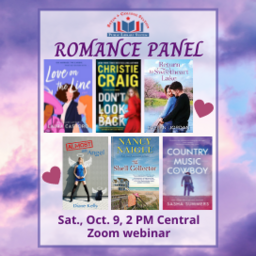
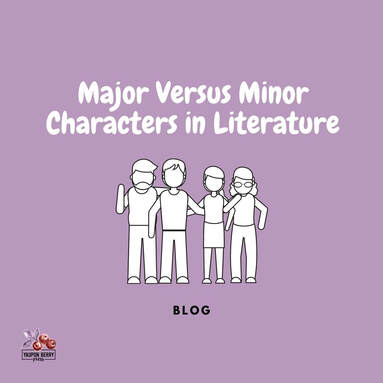
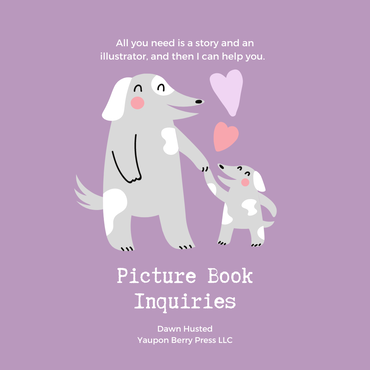
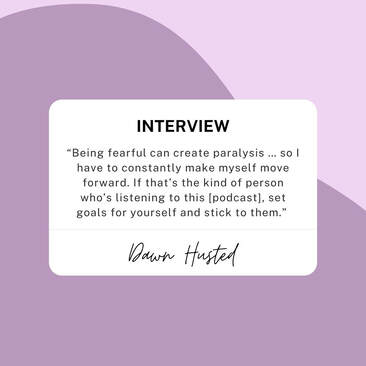


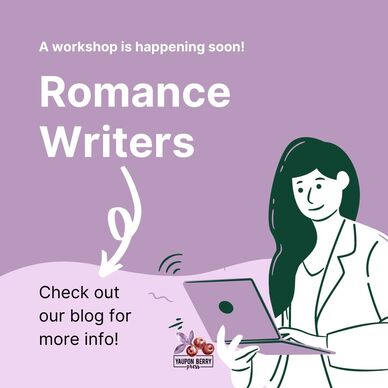
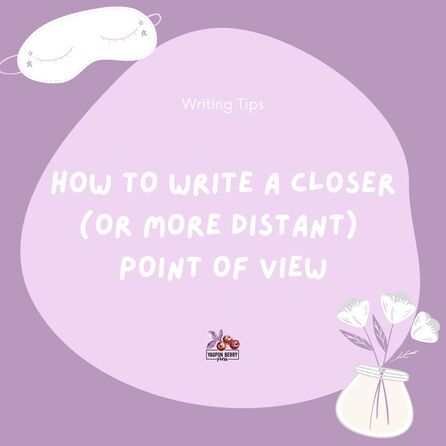
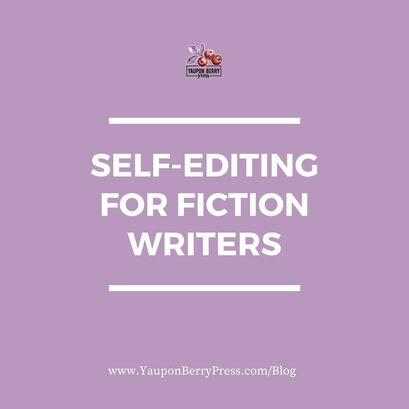

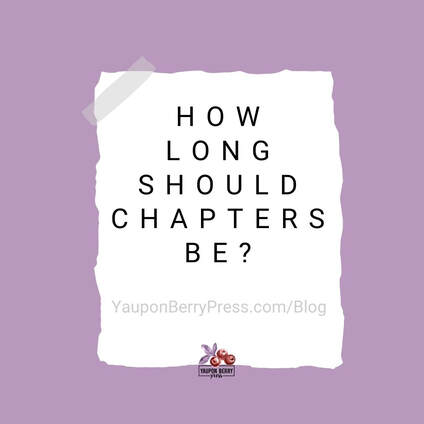
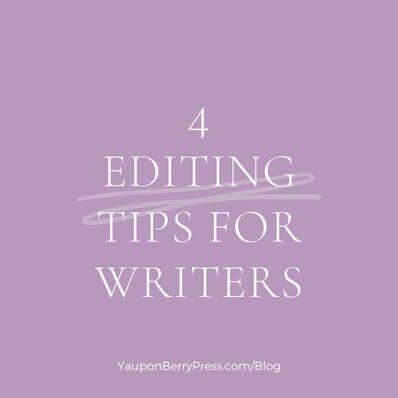
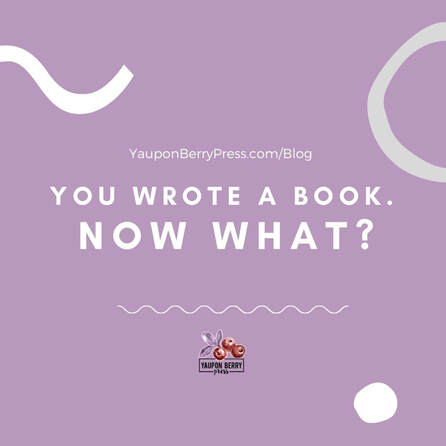
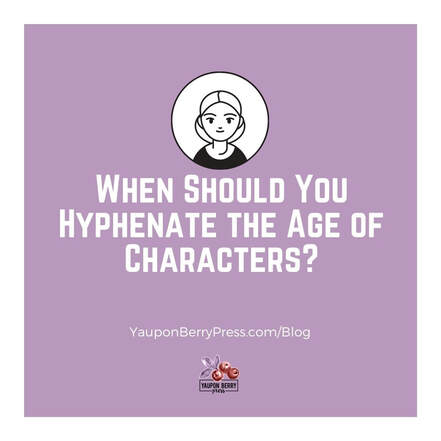
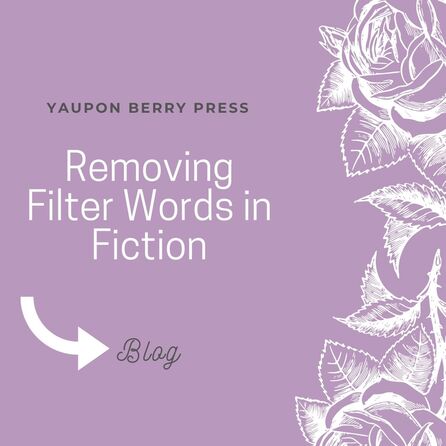
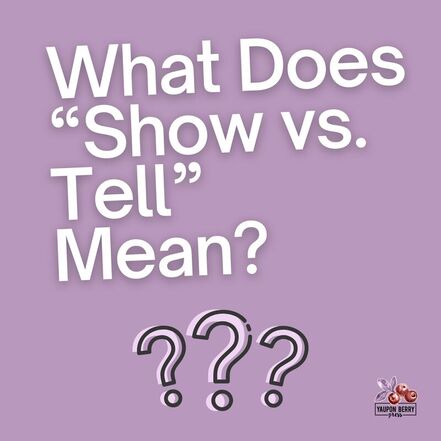
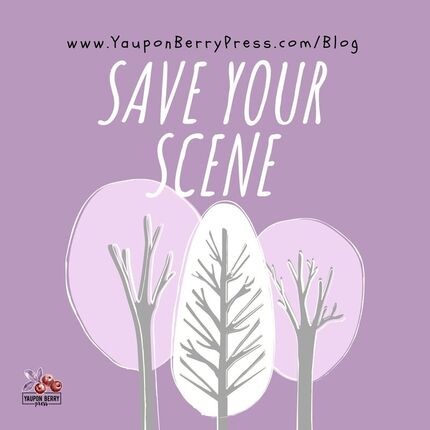
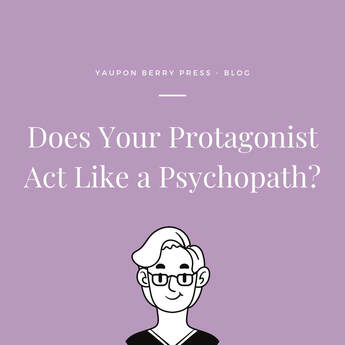

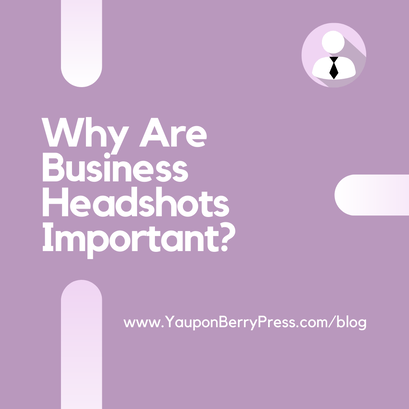
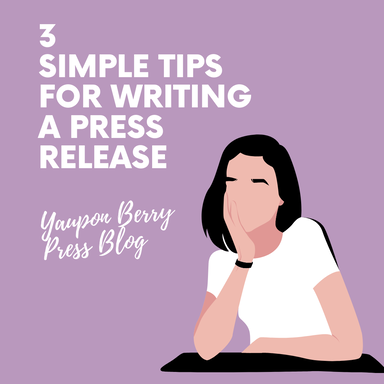
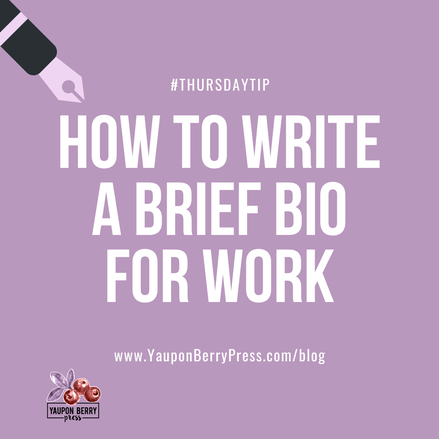

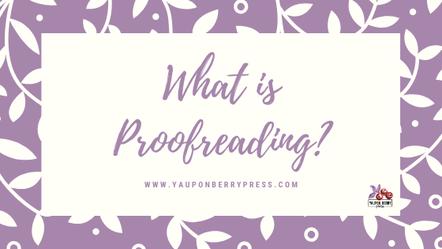
 RSS Feed
RSS Feed
